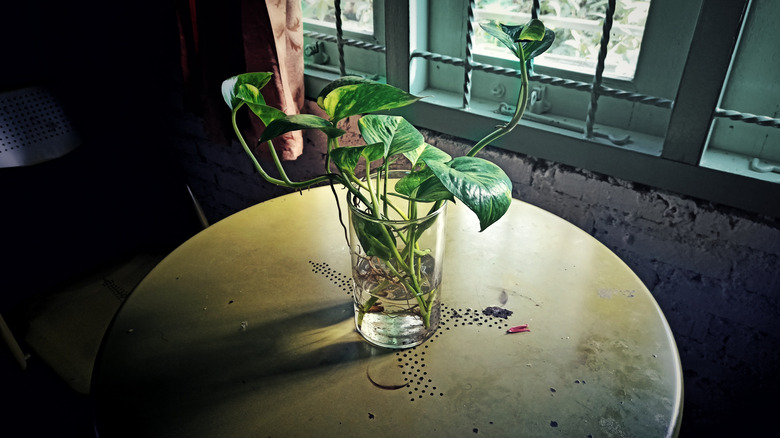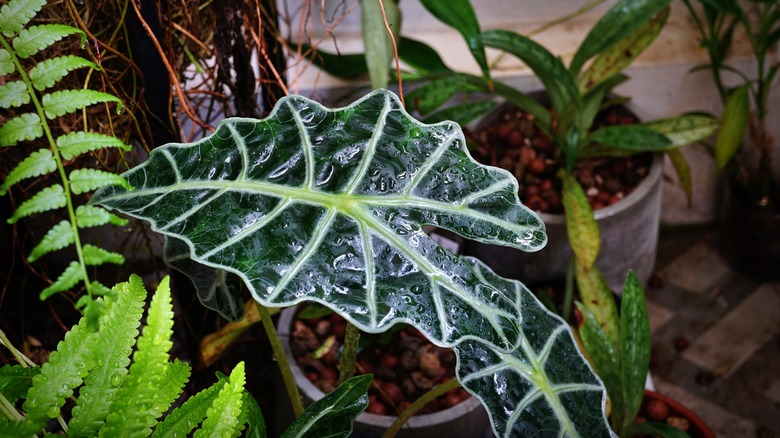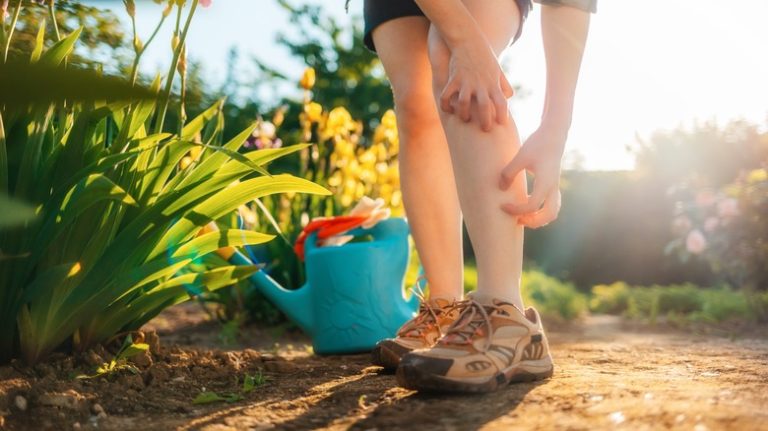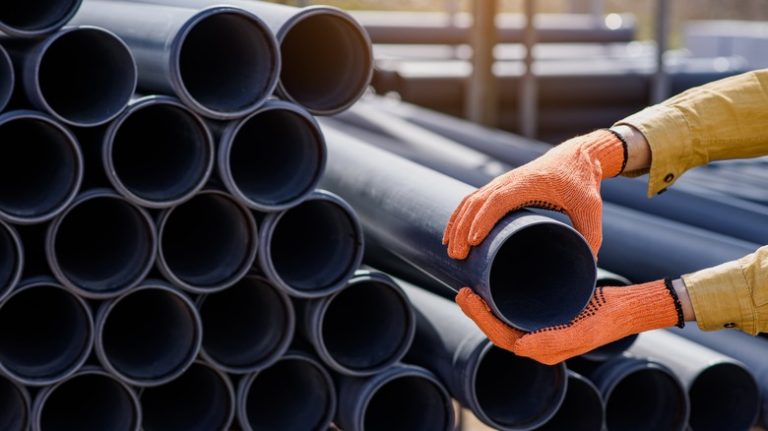Houseplants brighten up any space, whether you have a pothos strung around a window or an aloe plant sitting in the corner. They can require a lot of care, though, and not every living situation provides enough sunlight for optimal growth. While you may want a giant monstera that puts on several new leaves each year, you’re not guaranteed that in a room with a north-facing window. If your home gives you spring fever and kills all your plants, consider hydroponics as an alternative method to make your houseplants thrive.
Hydroponics is when you grow plants without soil. “Without soil” could simply mean growing plants in a medium that doesn’t contain soil, like sand or coco coir, or it could be super literal and just involve a glass with water. The latter is a great method for raising plants indoors when your home isn’t suited for it. You’ll get no mess, no weeds, and an easy way to care for your plants when you’re lacking in sunlight. Just make sure that you replace their water semi-regularly.
Water and fertilizer go a long way

Green plants need sunlight. Some can handle less light than others, but they all need it. So, when you fill your dark bathroom with plants and wonder why they die, it’s because those poor things need some light. Many plants, like tomatoes, need as much sunlight as they can get, while others, such as the ZZ plant you recently added to your collection do well in low light or indirect light. A hydroponic system can help these low-light plants thrive by providing them with consistent nutrients.
Since soil contains most of the nutrients plants need to survive, you’ll have to add them in yourself when you grow plants in water. Look for hydroponic fertilizers that provide everything your plants need to thrive and implement a feeding routine that works for them. Your houseplants will still need sunlight -– they’re green, after all –- but they’ll make do with your less-than-ideal conditions, especially when you give them everything else they require. Most of the low-light houseplants you’ll bring into your home are native to forest or jungle floors. In that environment, they’re protected by giant canopies of trees and receive very little sunlight. You can even grow medium-light plants in water, though you may need to provide some artificial light to make up for what your room doesn’t offer.




